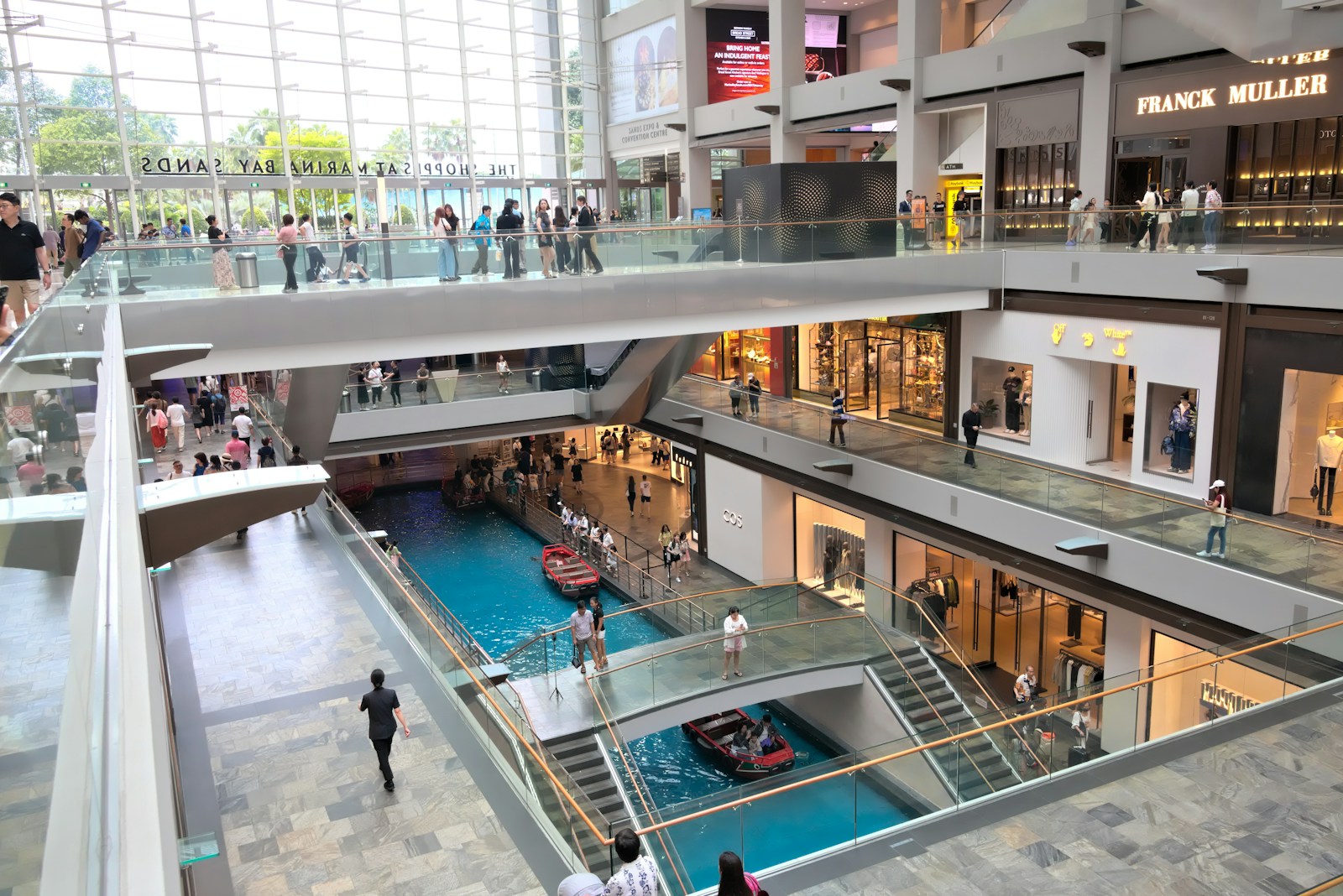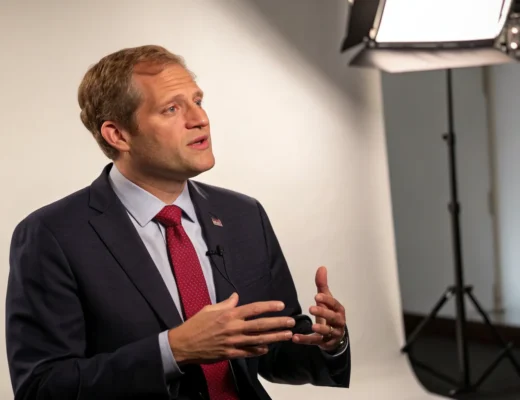Singapore’s Unique Position in the Luxury Market
Several factors contribute to Singapore’s strong performance in luxury retail. The country’s stable economy, high concentration of affluent residents, and reputation as a financial hub have created fertile ground for high-end brands to flourish, despite global headwinds. The island nation has also benefited from increased tourism following the lifting of COVID-19 restrictions, bringing in wealthy visitors eager to shop at premium boutiques and department stores. Many luxury brands have expanded their presence in Singapore’s upscale shopping districts, particularly along Orchard Road and in Marina Bay Sands. Retail analysts point to Singapore’s strategic location as a gateway to Southeast Asia, allowing it to attract luxury shoppers from neighboring countries where premium retail options may be more limited.Contrasting Performance in Major Markets
The luxury market slump in China represents a significant shift for the industry. For years, Chinese consumers drove global luxury growth, accounting for approximately one-third of worldwide spending on high-end goods. Recent economic challenges, including a property crisis and youth unemployment, have dampened consumer confidence and discretionary spending. Similarly, in the United States, concerns about inflation and economic uncertainty have led to more cautious spending among affluent consumers. Major luxury conglomerates have reported declining sales in both markets during recent earnings calls. Key challenges affecting luxury markets globally include:- Economic uncertainty and inflation pressures
- Changing consumer priorities post-pandemic
- Reduced tourism in some traditional luxury shopping destinations
- Shifting preferences toward experiences rather than material goods
Industry Adaptation and Future Outlook
Luxury retailers are adjusting their strategies in response to these regional variations in consumer behavior. Many brands are increasing their investment in markets showing strength, such as Singapore, while reconsidering expansion plans in struggling regions. Industry experts suggest that Singapore’s success may provide valuable insights for luxury brands looking to weather economic downturns. The focus on creating exceptional in-store experiences, cultivating relationships with high-net-worth individuals, and maintaining exclusivity appears to resonate with Singapore’s affluent shoppers.“Singapore demonstrates that luxury retail can thrive even in challenging global conditions when the right market fundamentals are in place,” notes a retail analyst familiar with the Asian luxury market.Looking ahead, luxury brands are expected to continue investing in Singapore while they wait for recovery in larger markets. Some companies are using their Singapore operations as testing grounds for new products and experiences before rolling them out globally. The contrast between Singapore’s luxury market performance and the struggles seen in China and the US highlights the increasingly fragmented nature of the global luxury retail market. Brands that can adapt to these regional differences while maintaining their premium positioning will likely navigate the current challenges most successfully. As the luxury industry continues to evolve, Singapore’s resilience offers a glimmer of hope that consumer appetite for high-end goods remains strong in specific markets, even as global economic pressures mount.







